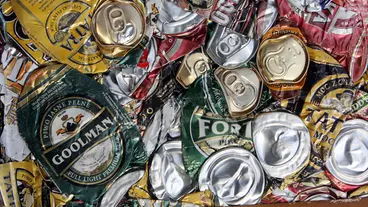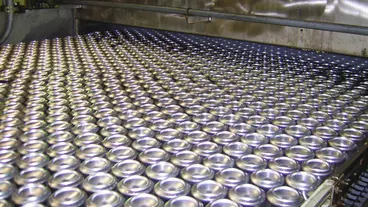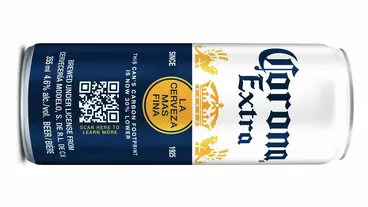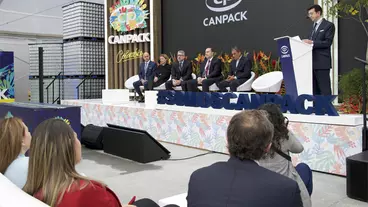
© BCME
New study on global aluminium can recycling
Recycling of aluminium beverage containers could save 60m t of CO2e per year by 2030 globally.







